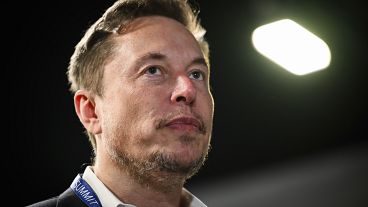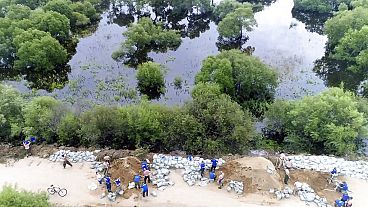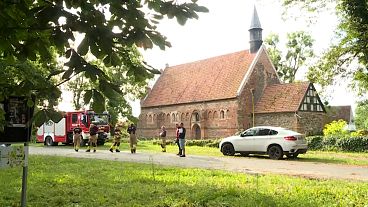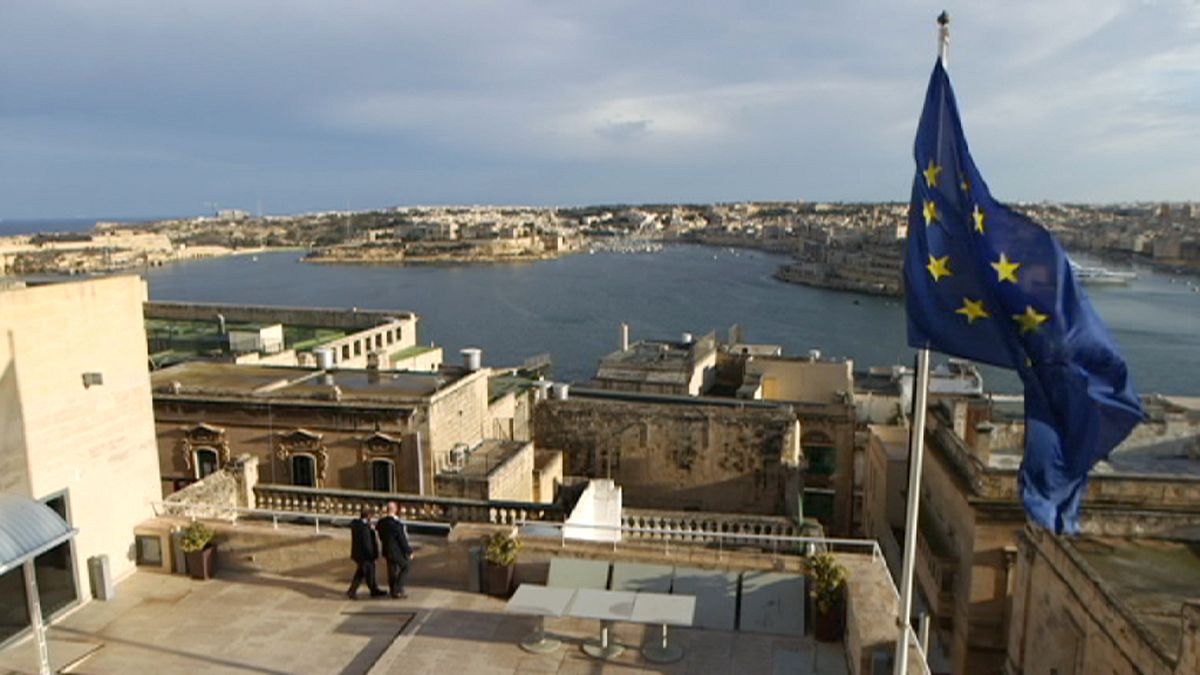Officials within the European Union know they have a serious problem on their hands: how to get people more interested in the bloc and take part in shaping its future. What they are worried about, for example, is the steady fall in the number of people voting in EU elections. In the 2009 ballot the average rate of participation among the 27 Member States was just 43%, with 16 countries recording figures below 50%. Slovakia had the lowest turnout on 19.6%.
There is another worrying figure – which comes in a recent Eurobarometer survey (spring 2013) – and that is on the question of whether people think they have a say in the EU. Only 28% of people surveyed feel their voice counts in the European Union.
The same survey shows that on average only 62% of people feel like a citizen of the European Union, with less than half of the populations in Bulgaria, the UK, Cyprus and Greece feeling European. Other figures are not so great: only 46% of people say they know their rights as EU citizens and only 49% of people are optimistic about the future of the bloc.
One of the projects to encourage more debate about the European Union has been a series of public meetings across the EU, with the goal of Europe “going local” and taking the debate to the people. This is part of the European Year of Citizens 2013. So far 36 “citizens’ dialogues” events have been held in towns and cities across the bloc since September last year.
The aim is to give people a chance to ask questions of different commissioners called on to host the meetings, with the focus on the European debt crisis, the future of the bloc and a theme related to the speciality of the invited commissioner. The average participation has been about 300 people with about 950 people following the event via web streaming and about 700 via social media. The most attended event, with 800 participants, was in Trieste in September.
The most recent citizens’ dialogue was in Valletta in Malta on November 7, a meeting attended by the EU Health Commissioner Tonio Borg. More than 200 people turned up for the event. The next meeting is in Marseille in France on November 14, and then in the following locations: Limassol, Cyprus on Nov 28; Eisenstadt, Austria on Nov 29; Innsbruck, Austria on Dec 6; Vilnius, Lithuania on Dec 13; Wavre, Belgium on Dec 19; Copenhagen on Feb 6; London on Feb 11; and Barcelona on Feb 23.
Further information about the citizens’ dialogues, along with details about how to register, can be found here: http://ec.europa.eu/debate-future-europe/citizens-dialogues












